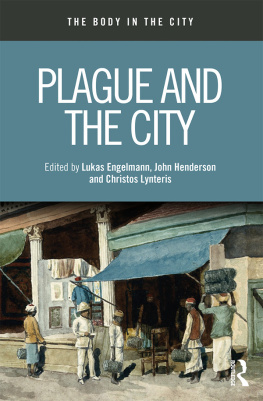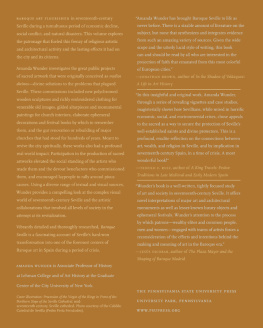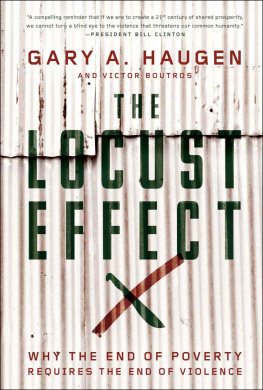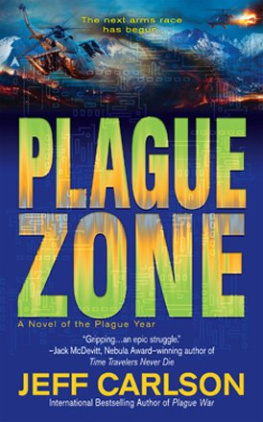Alexandra Parma Cook - The Plague Files: Crisis Management in Sixteenth-century Seville
Here you can read online Alexandra Parma Cook - The Plague Files: Crisis Management in Sixteenth-century Seville full text of the book (entire story) in english for free. Download pdf and epub, get meaning, cover and reviews about this ebook. publisher: Louisiana State University Press, genre: Art. Description of the work, (preface) as well as reviews are available. Best literature library LitArk.com created for fans of good reading and offers a wide selection of genres:
Romance novel
Science fiction
Adventure
Detective
Science
History
Home and family
Prose
Art
Politics
Computer
Non-fiction
Religion
Business
Children
Humor
Choose a favorite category and find really read worthwhile books. Enjoy immersion in the world of imagination, feel the emotions of the characters or learn something new for yourself, make an fascinating discovery.

- Book:The Plague Files: Crisis Management in Sixteenth-century Seville
- Author:
- Publisher:Louisiana State University Press
- Genre:
- Rating:3 / 5
- Favourites:Add to favourites
- Your mark:
The Plague Files: Crisis Management in Sixteenth-century Seville: summary, description and annotation
We offer to read an annotation, description, summary or preface (depends on what the author of the book "The Plague Files: Crisis Management in Sixteenth-century Seville" wrote himself). If you haven't found the necessary information about the book — write in the comments, we will try to find it.
In the first half of the 1580s, Seville, Spain, confronted a series of potentially devastating crises. In three years, the city faced a brush with deadly contagion, including the plague; the billeting of troops in preparation for Philip IIs invasion of Portugal; crop failure and famine following drought and locust infestation; an aborted uprising of the Moriscos (Christian converts from Islam); bankruptcy of the municipal government; the threat of pollution and contaminated water; and the disruption of commerce with the Indies. While each of these problems would be formidable on its own, when taken together, the crises threatened Sevilles social and economic order. In The Plague Files, Alexandra Parma Cook and Noble David Cook reconstruct daily life during this period in sixteenth-century Seville, exposing the difficult lives of ordinary men, women, and children and shedding light on the challenges municipal officials faced as they attempted to find solutions to the public health emergencies that threatened the citys residents.
Filling several gaps in the historiography of early modern Spain, this volume offers a history of not only Sevilles city government but also the medical profession in Andalusia, from practitioner nurses and barber surgeons (who were often the first to encounter symptoms of plague) to well-trained university physicians. All levels of society enter the picture -- from slaves to the local aristocracy. Drawing on detailed records of city council deliberations, private and public correspondence, reports from physicians and apothecaries, and other primary sources, Cook and Cook recount Sevilles story in the words of the people who lived it -- the citys governor, the female innkeepers charged with reporting who recently died in their establishments, the physicians who describe the plague victims symptoms.
As Cook and Cooks detailed history makes clear, in spite of numerous emergencies, Sevilles bureaucracy functioned with relative normality, providing basic services necessary for the survival of its citizens. Their account of the travails of 1580s Seville provides an indispensable resource for those studying early modern Spain.
Alexandra Parma Cook: author's other books
Who wrote The Plague Files: Crisis Management in Sixteenth-century Seville? Find out the surname, the name of the author of the book and a list of all author's works by series.














